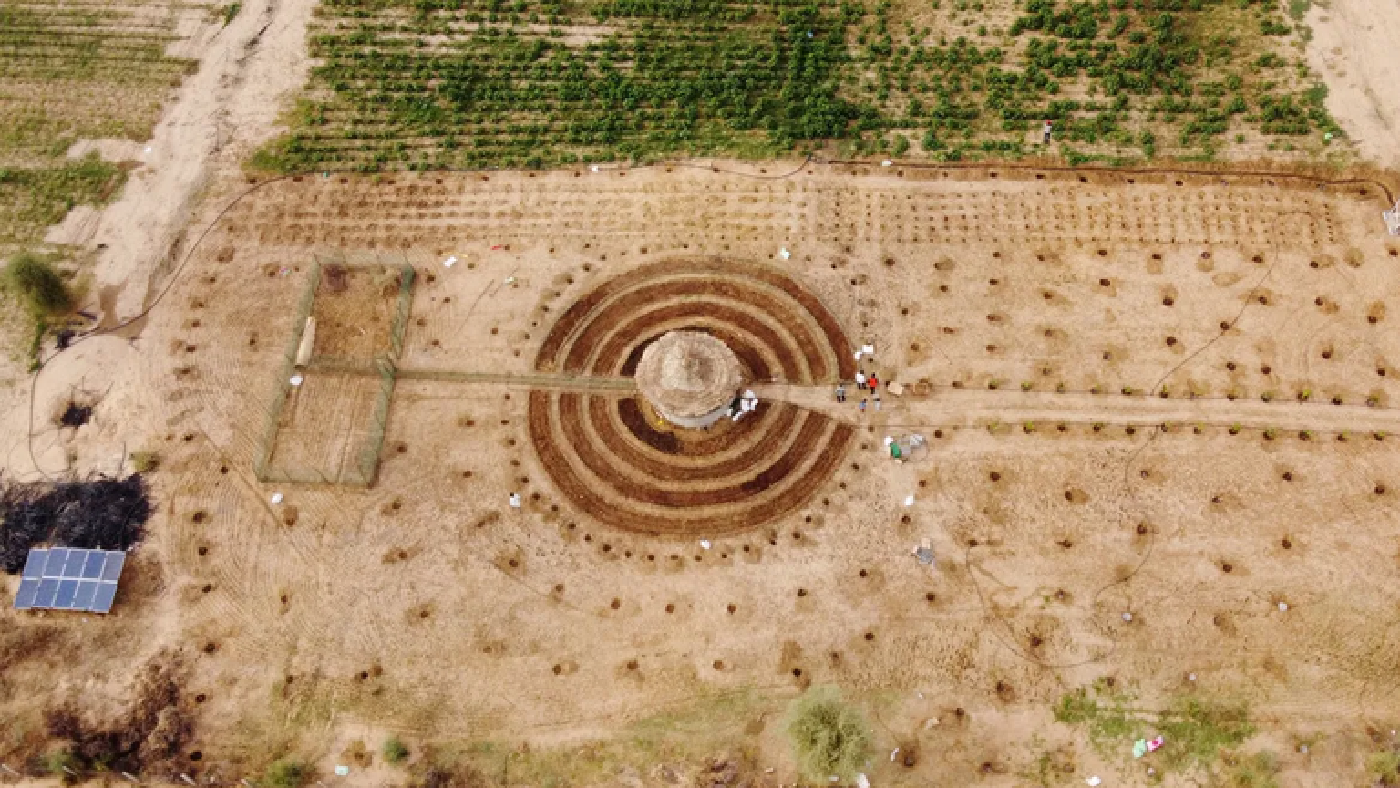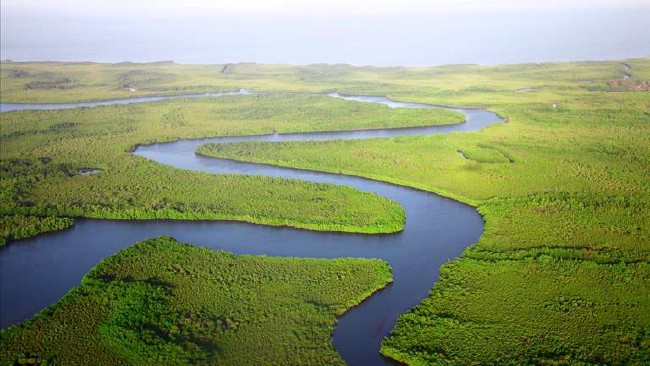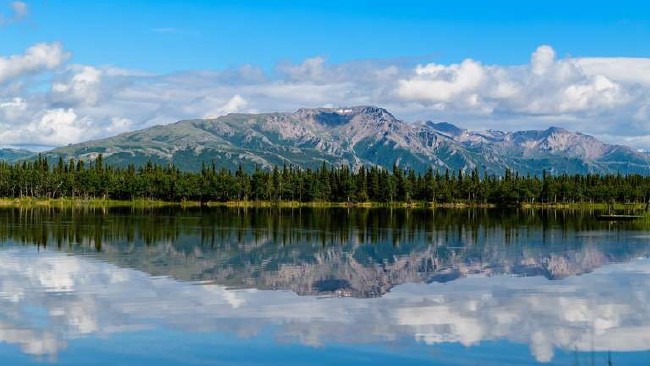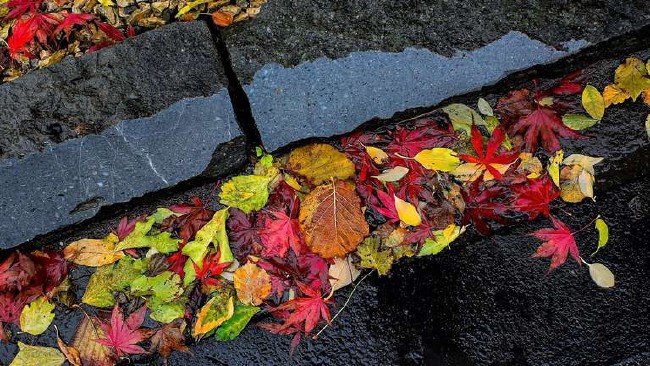Local project in Senegal creates circular gardens to boost food security
In Senegal, a local project is creating hundreds of circular gardens ("Tolou Keur" in Senegal’s Wolof language) that organizers hope will boost food security, reduce regional desertification and engage thousands of community workers.
This project is part of the “Great Green Wall” initiative that initially aimed to plant an 8,000 km forest from Senegal to Djibouti but then shifted its focus to creating a network of locally sourced sustainable land management practices.
Tolou Keur gardens hold plants and trees resistant to hot and dry climates, including papaya, mango, moringa and sage. Circular beds allow roots to grow inwards, trapping liquids and bacteria and improving water retention and composting.
Why does it matter? Amid the COVID-19 pandemic, Senegal closed its border, cutting imports and exposing rural communities’ dependence on foreign food and medicines. This situation reinforced the need for villages to become more self-sufficient.
Organizers also expect these gardens to bring hope to locals, preventing them from embarking on long and dangerous journeys in search of better lives elsewhere. What began as a lifeline during the pandemic could thus become instrumental in building a better future for the whole country.
Related Posts
Africa’s Great Green Wall aims to grow a natural wonder
Multiple NGOs are currently working on a mammoth project: Africa’s Great Green Wall. This African-led movement has the ambition to grow an 8,000km natural wonder of the world across the entire width of Africa.
Biomass-heated greenhouses might bring food security to Alaska Natives
Eva Dawn Burk, a graduate student at the University of Alaska Fairbanks, is developing a grassroots project to build biomass-heated greenhouses in rural Native villages in Alaska.
A new pavement technology redirects water into the ground
The American startup AquiPor designed an alternative pavement material that can absorb rainwater.



